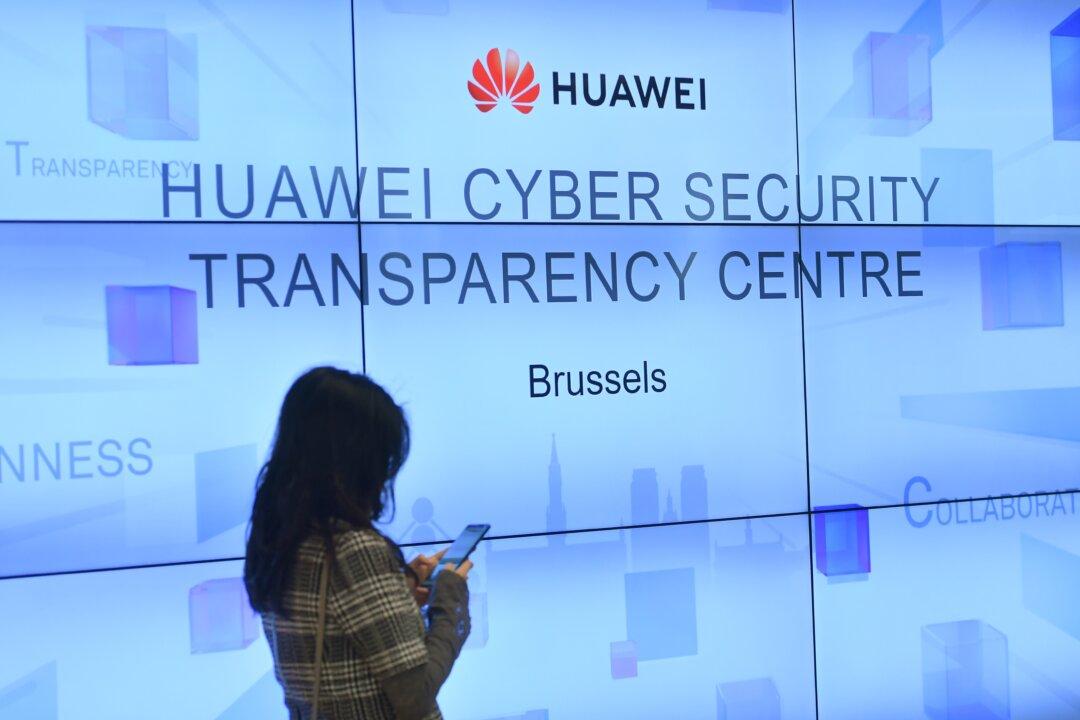News Analysis
Earlier this year, several U.S. semiconductor equipment companies informed their Chinese clients that the equipment these Chinese companies purchased from them could not be used for military purposes, based on new rules issued by the U.S. Department of Commerce. However, in an attempt to bypass the U.S. rules, some of these Chinese companies now falsely claim that they are not engaged in production for military use.





